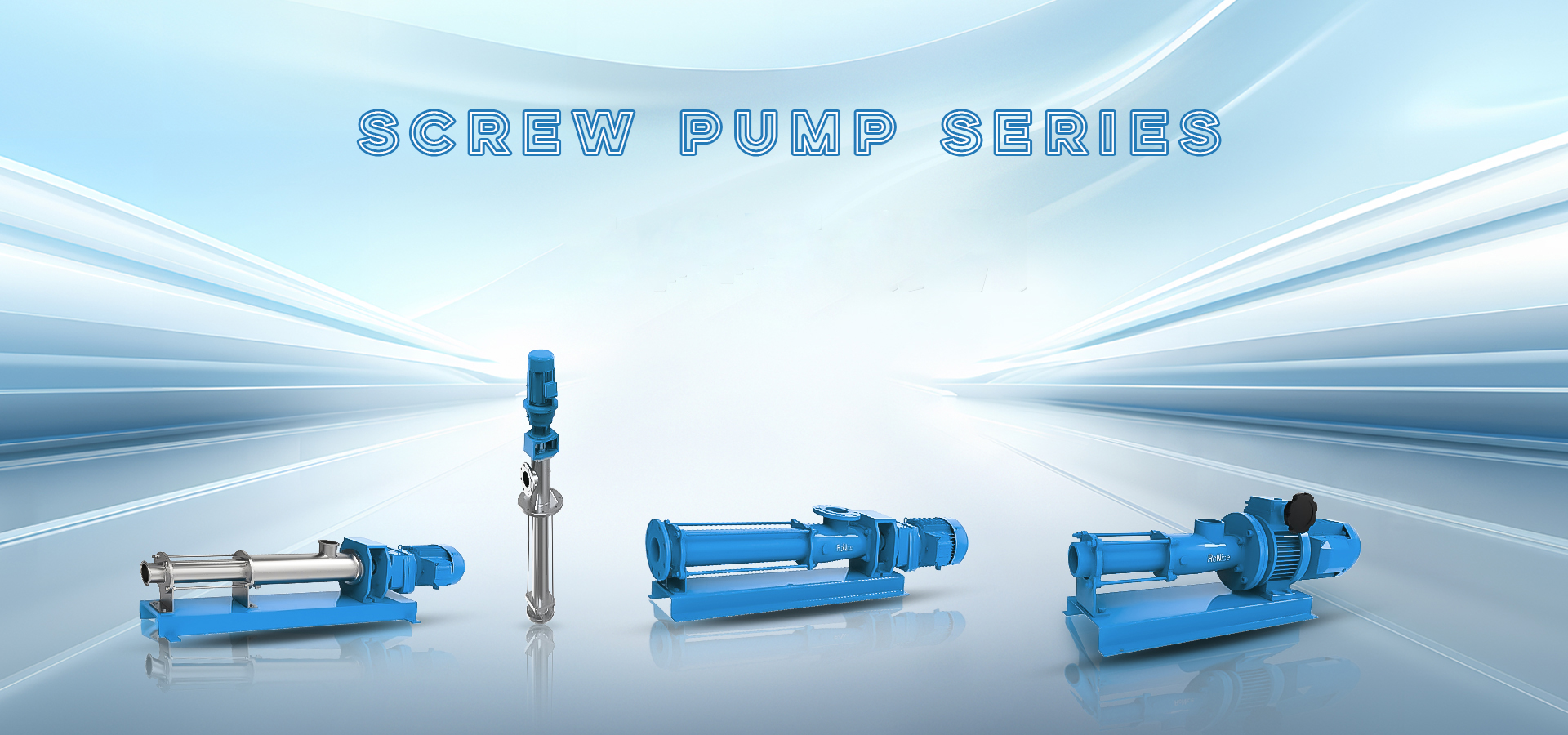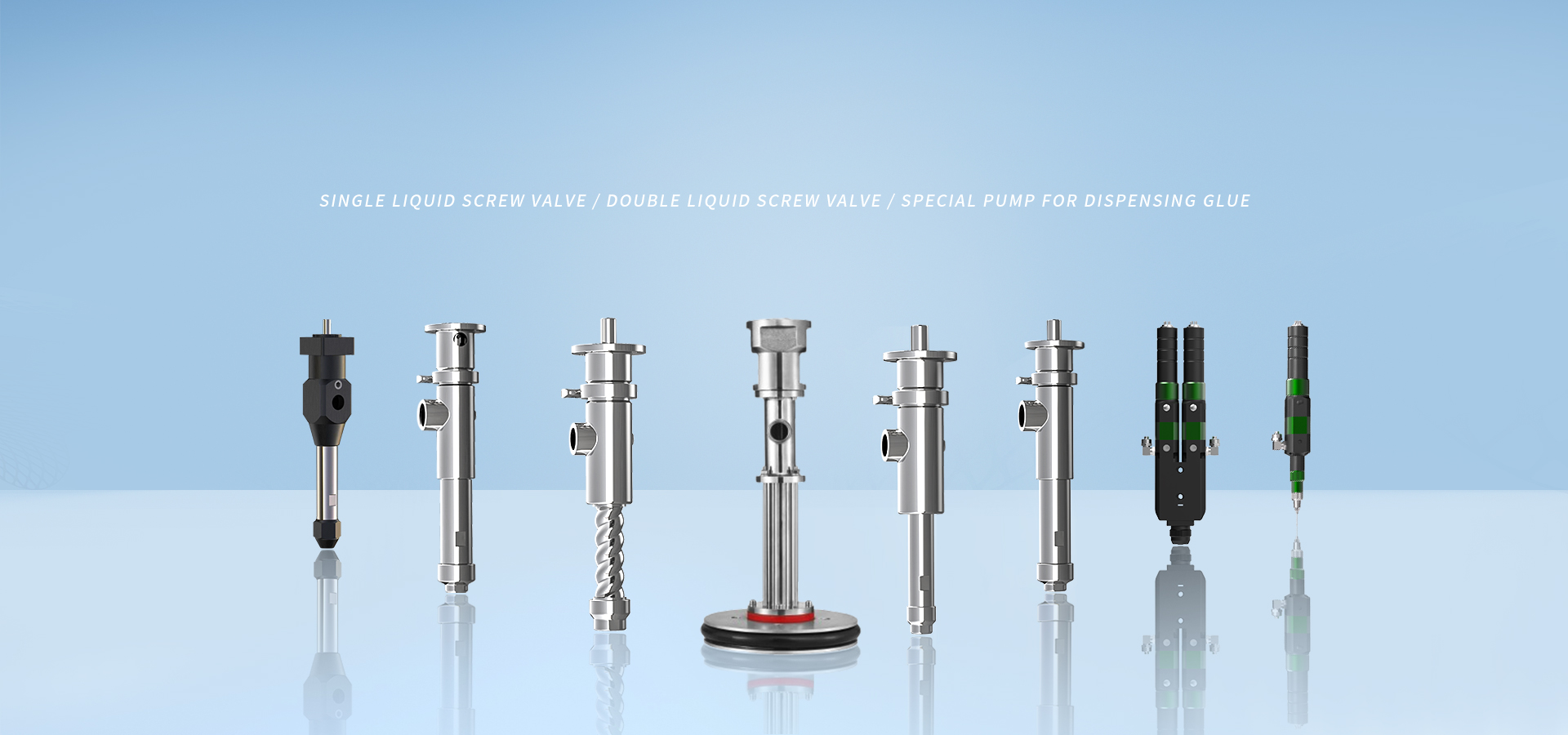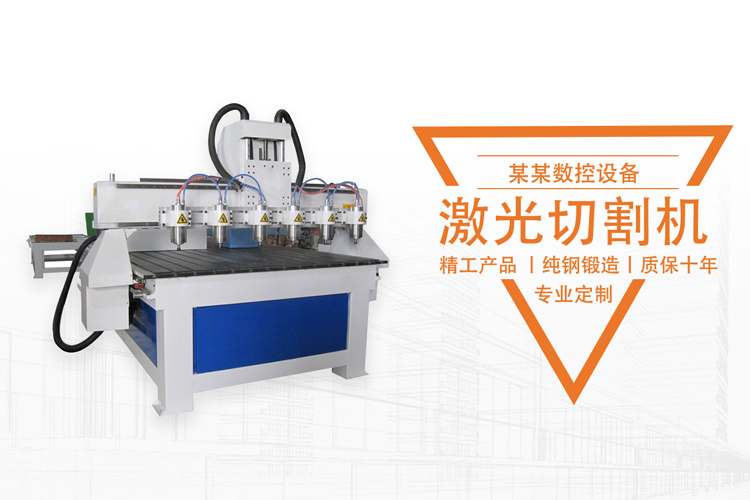Working principle of screw valve
The screw valve is mainly composed of two parts: the screw and the stator. The stator and the screw together form a sealed cavity in which the glue is pushed forward by the screw. The greater the Angle of rotation of the screw, the more glue will be produced. Due to the inlet design at the rear and the eccentric rotation mode, the overall structure is relatively large. If the screw stops rotating, even if the inlet is pressurized, the glue can not be achieved.
By precisely controlling the time, air pressure and screw speed, the screw valve can perform the dispensing process such as dotting and marking with high precision, especially for the precise control of medium and high viscosity fluids. It uses the positive displacement of the screw to replace the traditional activity for dispensing, ensuring ultra-precise control of the dispensing process. In addition, the valve's modular design allows for quick and easy loading and unloading of the screw connector cavity without removing the valve body, increasing maintenance efficiency. Another notable feature is that the screw connector cavity can be replaced to adapt to different screw drives, enhancing the flexibility and adaptability of the valve.

















